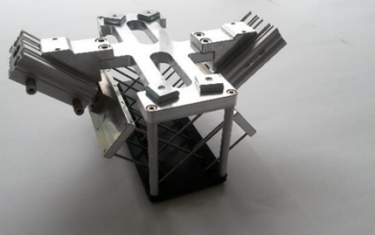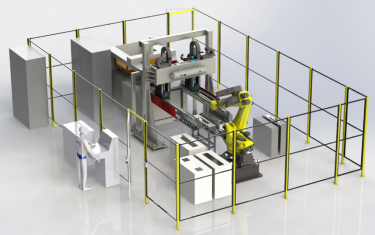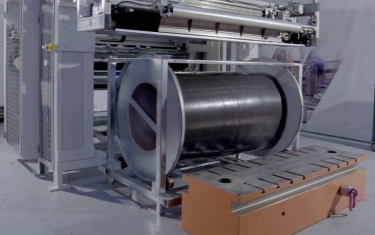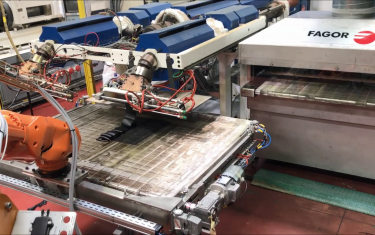Composites are one of the alternatives in terms of materials that help us regarding the growing social challenge which is environmentally friendlier and safer transport. The widespread use of carbon fibre reinforced composites (CFRP, Carbon Fiber Reinforced Polymer) in cars, industrial vehicles and aeronautics is one of the most appropriate solutions, since they can reduce weight up to 70% and the capacity to dissipate impact energy is 5 times greater than that of metals.
The automotive industry has for several decades already benefited to a certain extent from composites, especially with regard to non-primary structural applications. Technologies such as GMT (Glass Mat Thermoplastic), LFT (Long Fiber Thermoplastic) or SMC (Sheet Molding Compound) are used to manufacture interior components, functional pieces such as battery boxes or body pieces, with productivity standards and very competitive prices. But despite these successful applications, such technologies expansion into more structural pieces with a greater potential for lessening weight, such as the chassis or pieces of the power-train is not possible due to the limited properties of the materials obtained with them (discontinuous fibres).
The analysis of trends in the aeronautical sector also reveals that the amount of composite used in the structure of the aircraft structure (fuselage, wings, etc.) has reached percentages higher than 50%, but practically all the components have been manufactured by autoclaving. The challenge now is to manufacture these components with technologies other than autoclaving. Infusion, the automatic wrapping of thermoplastics and RTM are those which have been chosen.
In the manufacture of composite materials, it is necessary to fully understand the processes and simulate them to identify critical variables and develop monitoring and control strategies. This knowledge means understanding effects such as the interaction between fibres and moulds, the processes of curing and/or polymerisation and crystallisation, preforming and its effect in the following stages of the process, etc.
KONIKER has extensive experience in the development of highly productive manufacturing processes for composite components, in such a way that the costs of the final product are reduced. To achieve this goal, KONIKER puts its multi-disciplinary at your disposal:
- To develop new technological approaches (processes, equipment, moulds/tooling).
- To apply advanced automation concepts to manufacturing processes.
- To set up process simulation tools.
- To identify the optimal application/technology binomial for subsequent industrial developments.







